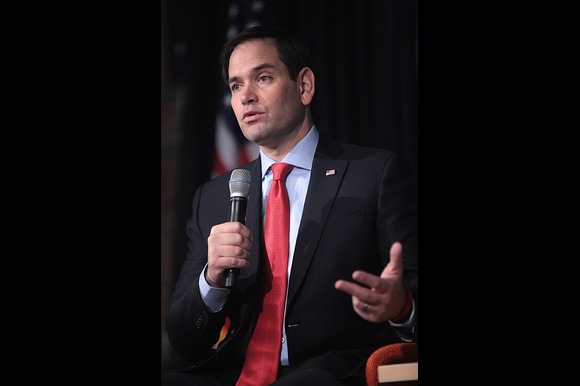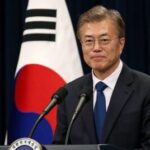In an interview released on Wednesday, Secretary of State Marco Rubio stated that for Iran to negotiate effectively with the Trump administration and avert the risk of military conflict, it must relinquish all nuclear enrichment activities. Iran maintains that its nuclear program is intended solely for civilian energy purposes and does not aim to produce weapons-grade uranium for atomic weaponry. Rubio emphasized that if Iran desires a civilian nuclear program, it can pursue one similar to those of other nations, which typically involves importing enriched materials.
However, Iran has consistently resisted abandoning its uranium enrichment capabilities. During his first term, President Donald Trump withdrew the United States from the Obama-era nuclear agreement, which was designed to monitor Iran’s activities to prevent the development of weapons-grade enrichment. In the early months of his second term, Trump initiated discussions aimed at securing a more stringent agreement regarding Iran’s nuclear program, with a second round of negotiations taking place on Saturday and further technical discussions anticipated this weekend.
Iran is seeking relief from sanctions that have adversely affected its economy and is contending with the threat of military strikes from Israel or the US aimed at incapacitating its nuclear program. Rubio remarked, ‘I would inform anyone that we are still far from reaching any form of agreement with Iran.’ He acknowledged the uncertainty of achieving a resolution but expressed a desire for a peaceful outcome rather than resorting to military action. Given the ongoing conflicts in the region, he cautioned that any military engagement at this juncture in the Middle East, whether initiated by the US or others against Iran, could potentially escalate into a wider conflict.
Although Trump ‘retains the right to prevent Iran from acquiring a nuclear weapon, he would prefer a peaceful solution,’ Rubio added. Trump’s chief representative in the recently resumed negotiations, Middle East envoy Steve Witkoff, initially indicated that the US might be amenable to permitting Iran to maintain low-level uranium enrichment.
Numerous American conservatives and Israel, which seeks the destruction of Iran’s nuclear facilities, expressed their objections. Witkoff provided what the Trump administration referred to as a clarification, stating that Iran must cease and dismantle its nuclear enrichment and weaponization program. Iranian Foreign Minister Abbas Araghchi countered that his nation must retain the right to enrich uranium, asserting that the fundamental issue of enrichment is non-negotiable. Standard international agreements for civilian nuclear programs involve the US and the international community assisting governments in developing nuclear energy for peaceful purposes, in exchange for their commitment to refrain from producing their own nuclear fuel, due to the potential threat of such capabilities being utilized for weaponry.
Additionally, on Wednesday, the head of the International Atomic Energy Agency announced that Iran has consented to permit a technical team from the United Nations nuclear watchdog to enter in the coming days to discuss the restoration of camera surveillance at nuclear sites and other related matters. Rafael Mariano Grossi, addressing reporters in Washington after his meeting with Iranian officials in Tehran last week, indicated that while this development was not directly associated with the US negotiations, it represented a positive indication of Iran’s readiness to negotiate a potential agreement. Grossi remarked that Iranian leaders appeared to be engaged in efforts to reach an accord.
Following Trump’s withdrawal from the nuclear agreement with world powers in 2018, Iran responded by limiting IAEA monitoring at its nuclear facilities and has continued to enhance and accumulate uranium closer to weapons-grade levels, according to the agency. The IAEA is not directly involved in the current discussions, and the Trump administration has not requested its participation, Grossi informed reporters. However, he emphasized that any verification of Iranian compliance with a potential agreement would need to be conducted by the IAEA.






